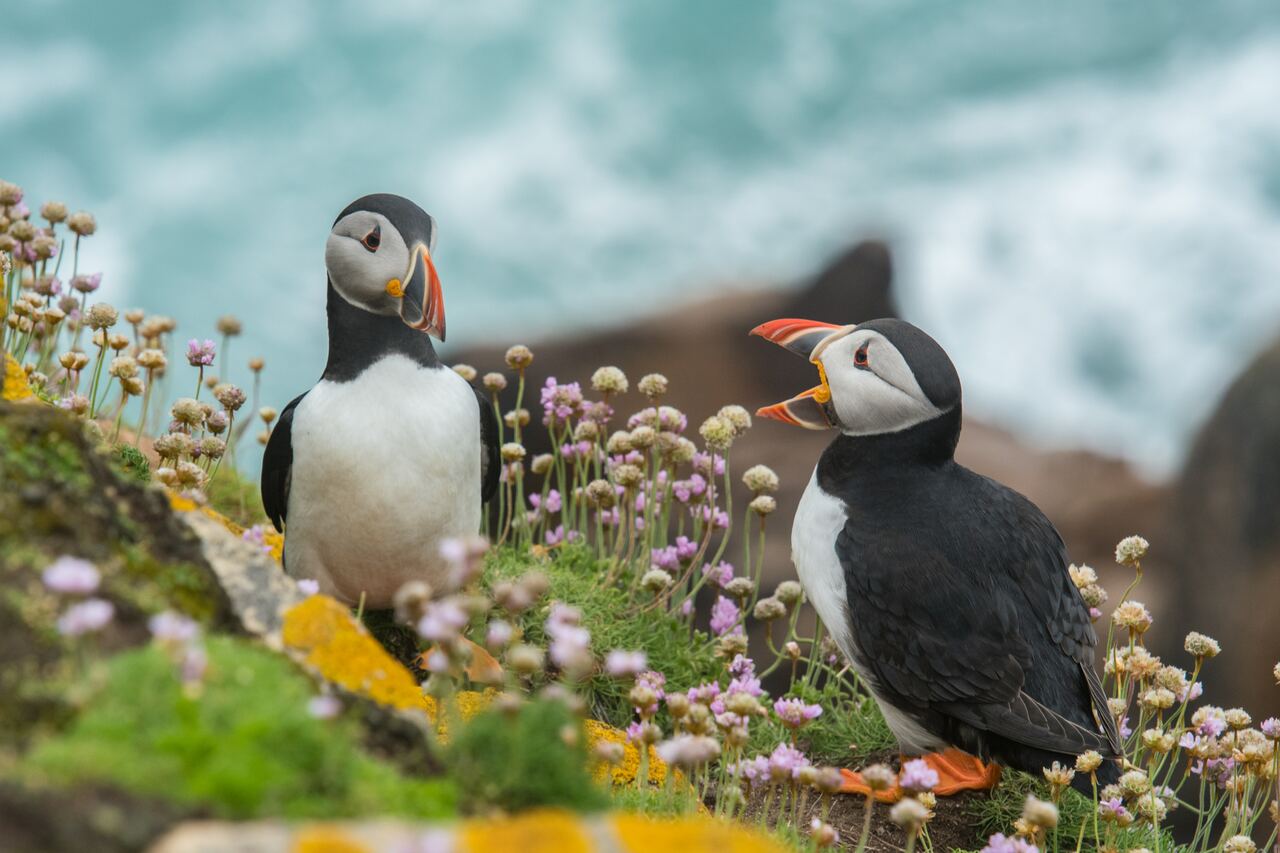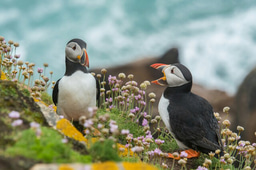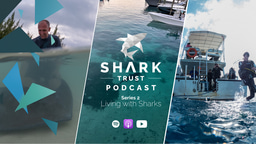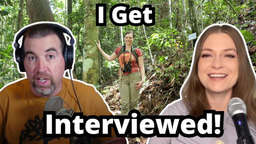Ali Skeats, WildLearning Manager

Hi all, I am back with WildTeam :)
I worked with the team about 5 years ago, delivering Project Management for Wildlife Conservation (PMWC) training and developing the Project Planning (PPWC) best practice material. It's amazing how much WildTeam have grown since I left, and the new courses are wonderful; I am looking forward to teaching them.
In my absent years, I have been a Programme Manager and Biodiversity Lead for CoolEarth, a rainforest conservation charity working closely with indigenous peoples and local communities. I managed the programme in Papua New Guinea, and followed a lot of the PMWC best practice to set up a programme plan and a wonderful team of local Papuan staff. Putting PMWC and PPWC into action with CoolEarth has taught me a lot about the real-life uses of these best practices and I'm excited to share my journey with everyone on WildHub and on our training courses.



Please sign in or register for FREE
If you are a registered user on WildHub, please sign in
Hi Ali! Welcome back to WildHub and WildTeam <3 Working in conservation in Papua New Guinea sounds like quite the adventure! As Biodiversity Lead, were there specific species you and your team focused on in the region?
Hi Chrissy and thanks for your welcoming message :)
Our focus was across species, as our ultimate vision was rainforest protection: plants, animals and the culture of the peoples who lived there. My role as Biodiversity Lead was to make sure that Biodiversity was incorporated into the comms of the organisation (CoolEarth), so that the public and our supporters were aware that the biodiversity crisis is as critical as the climate crises, and that neither should be considered in isolation.
In the Papua New Guinea (PNG), we worked to incorporate indigenous knowledge, use of forest resources, and local languages about wildlife into our plans. Did you know that biodiversity, cultural diversity and even linguistic diversity are linked? And all are at risk of loss. This means there is a lot of work to do to preserve ecosystems, species and cultures.
Do you have any insights into PNG forests from your Tropical Forest education? It's an amazingly unique landscape in PNG, and over looked (in my opinion!) compared tot he Amazon.
As for an interesting animal story... one of the PNG office staff, Clifford, was passionate about amphibians. With our research partner, Dr Dahl, he worked with people in a partner village to survey frogs and discovered one of the world's smallest frogs! Have a read here.
Hi there! @Ali Skeats It's truly inspiring to learn about your work at CoolEarth, especially with the integration of indigenous knowledge! Highlighting the interconnectedness of biodiversity, cultural diversity, and linguistic diversity is crucial in addressing the crises our planet faces.
I agree that PNG's forests are often overlooked, despite their unique and incredible landscapes. My education in Tropical Forests briefly covers PNG, so it's heartening to see organizations like CoolEarth working towards the preservation of ecosystems, species, and cultures in such a holistic way.
The article about Clifford and Dr. Dahl's survey of one of the world's smallest frogs in PNG is a testament to the importance of on-the-ground efforts and community involvement in biodiversity conservation. If you have more stories like this or any specific aspects of PNG's forests you'd like to share, I'd love to hear more!
Good to have you back Ali!
Welcome to WildHub Ali and thank you for sharing about your work in the Papua New Guinea - wonderful to read!